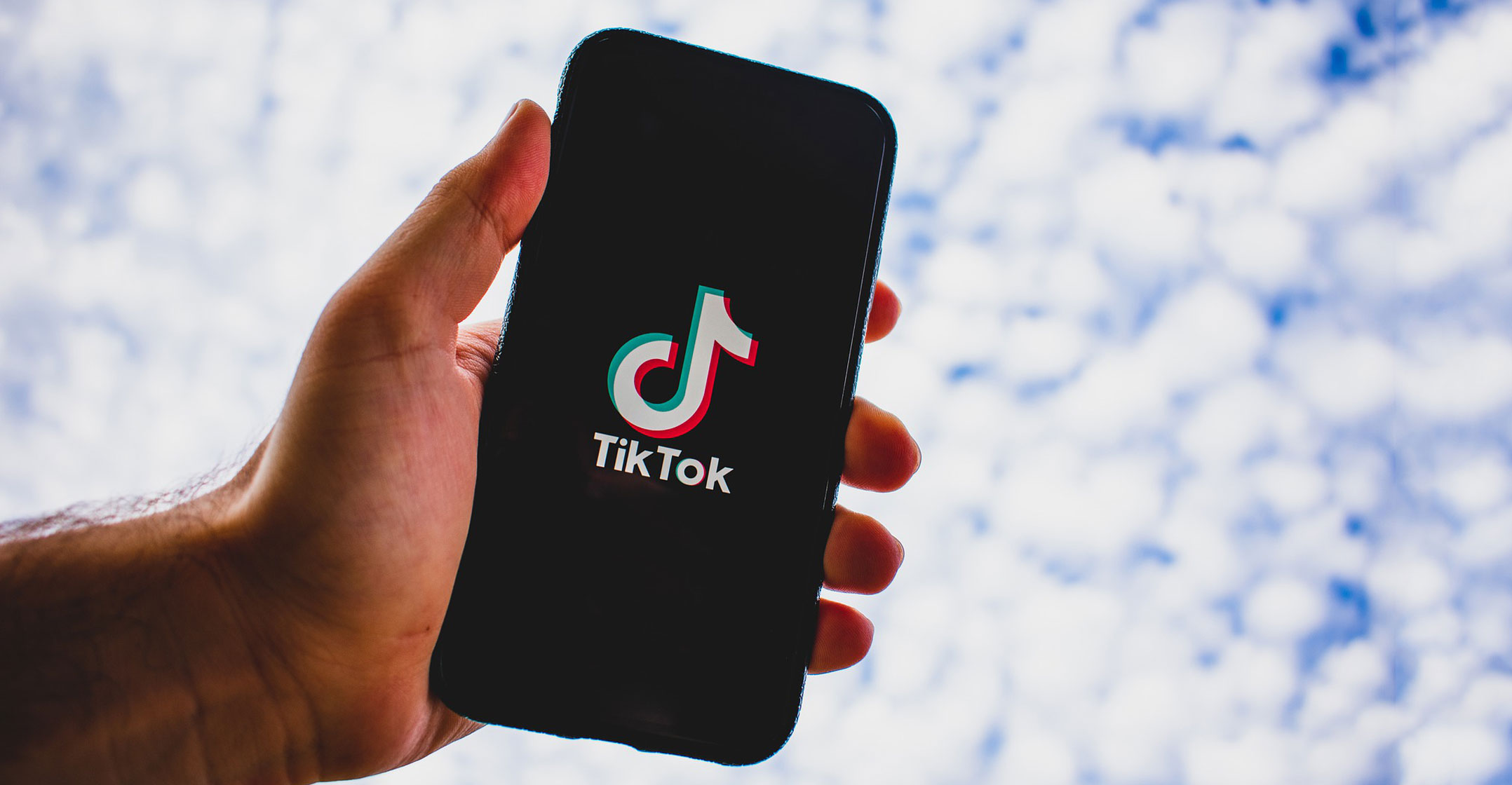 China’s government blasted the US for flouting the rules of global trade and business by threatening to ban TikTok, in Beijing’s strongest defence yet of ByteDance’s viral video app.
China’s government blasted the US for flouting the rules of global trade and business by threatening to ban TikTok, in Beijing’s strongest defence yet of ByteDance’s viral video app.
President Donald Trump has said he’s considering blocking the popular music video app, while adviser Peter Navarro warned of penalties for “information warfare” against the US. Asked about the scrutiny, foreign ministry spokesman Wang Wenbin accused Washington of unfairly singling out Chinese companies.
“Recently, governments and media in some countries have said double standards shouldn’t be applied to social media apps,” Wang told reporters at a regular briefing. “China’s companies and their products have provided diversity of choices for US consumers. We hope the US can heed the voice from the market to provide an open, just, fair business environment for foreign countries and stop politicising economic issues.”
ByteDance has become the world’s largest start-up thanks to the phenomenal success of TikTok, which American lawmakers accuse of posing a threat to national security by vacuuming up data. They have suggested that TikTok may be used as a tool to spy on users or spread propaganda to influence the November presidential elections, which Wang said was “totally groundless”.
“China is not interested in US elections,” he said on Wednesday. “We urge certain people in the US to take a fair and unbiased view on this matter; stop using state power to oppress Chinese companies.”
Power to cripple
Trump has the power to cripple ByteDance’s prized asset. The president could add TikTok to the US Entity List, which would compel American companies such as Apple and Google to drop the service from their app stores. The US Ccommittee on Foreign Investment in the US, better known as CFIUS, is also reviewing ByteDance’s 2017 purchase of the business that became TikTok and could force a spin-off.
That “violates the openness and transparency of WTO rules,” Wang said Thursday, repeating a common retort adopted by Beijing.
ByteDance has taken steps to distance itself from TikTok and shore up relations in Washington, appointing former Walt Disney executive Kevin Mayer as CEO in May and increasing lobbying spending. It’s also set aside a $200-million fund to help its most popular US users make careers out of their participation on the service. — (c) 2020 Bloomberg LP




